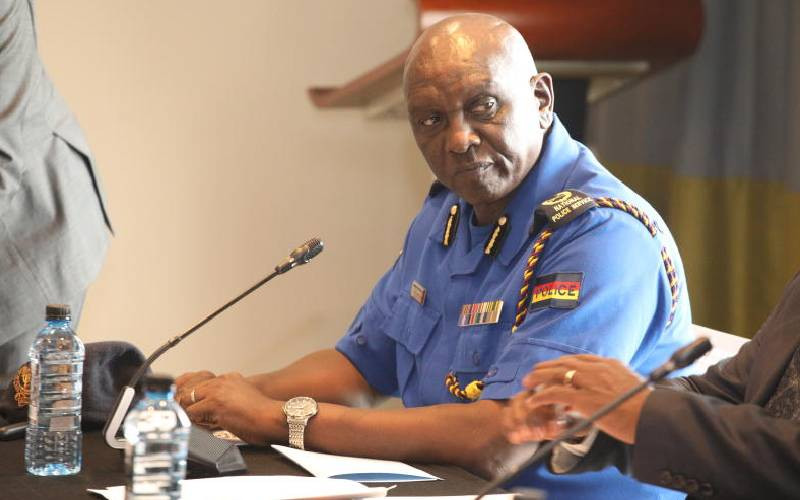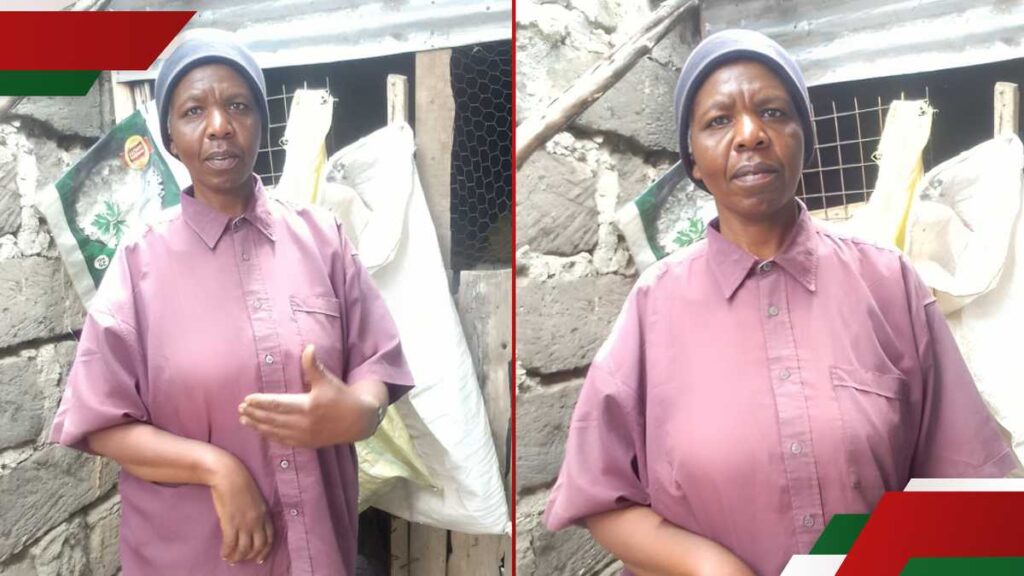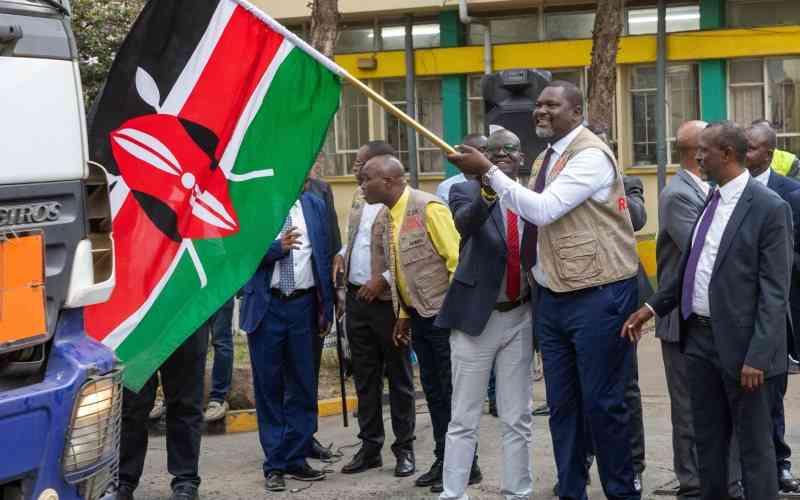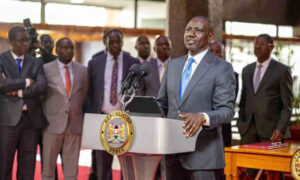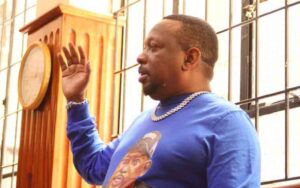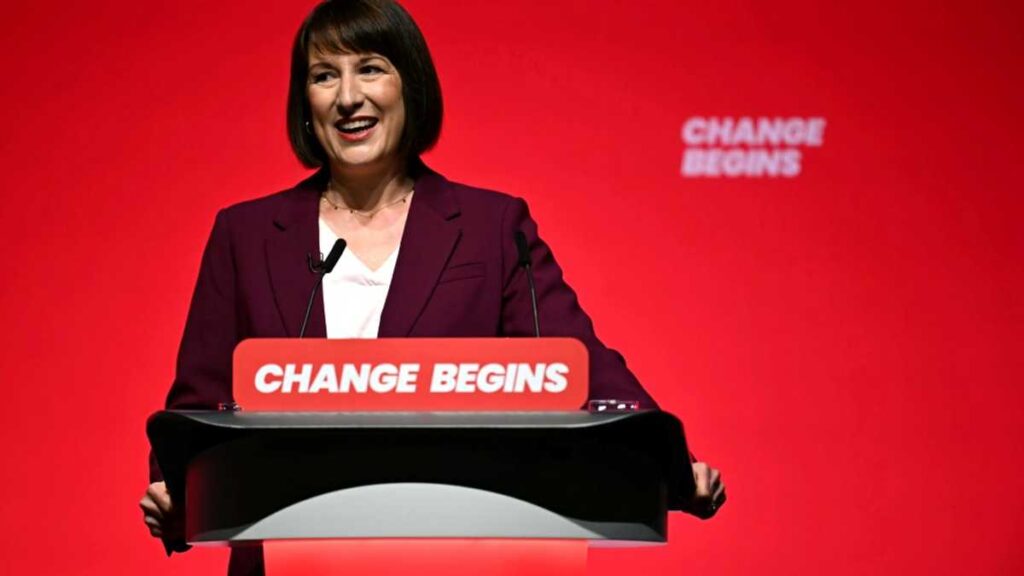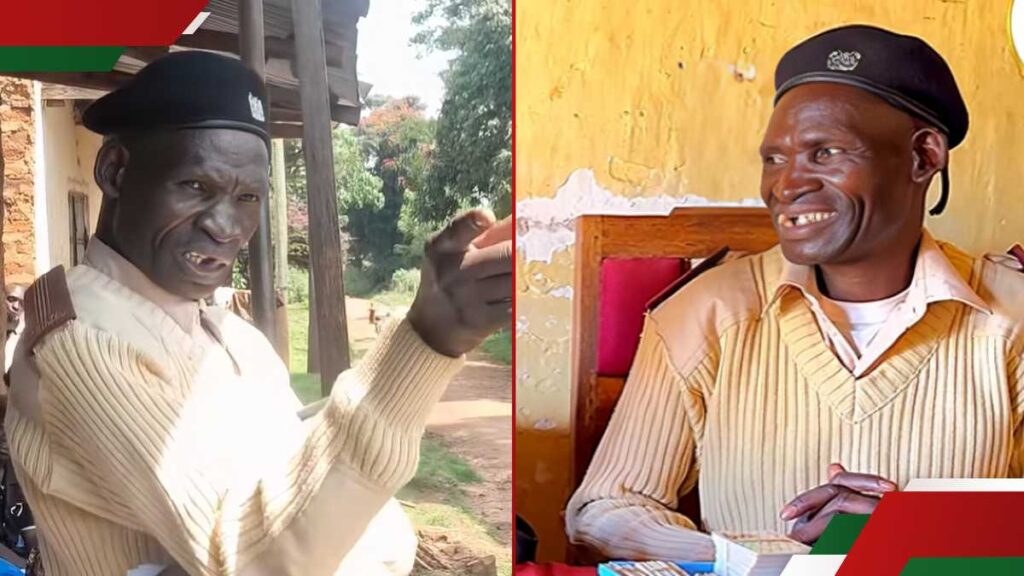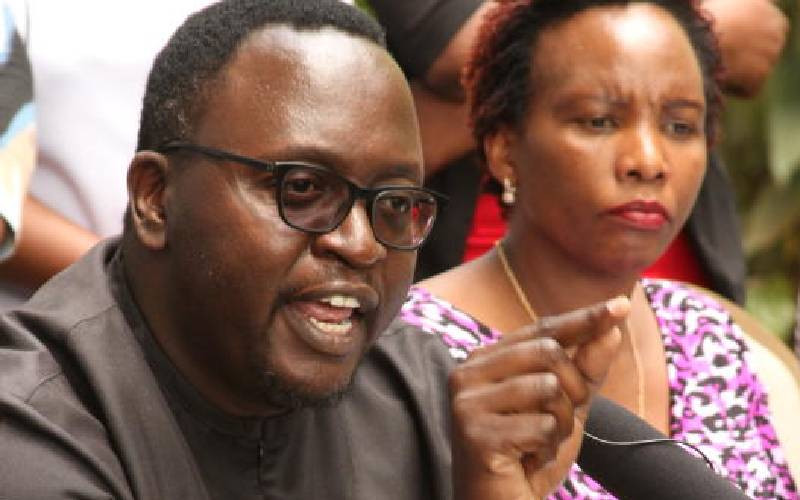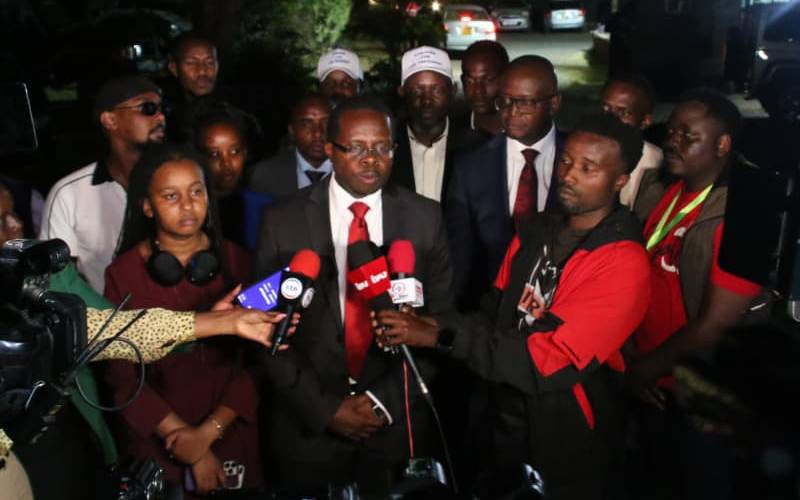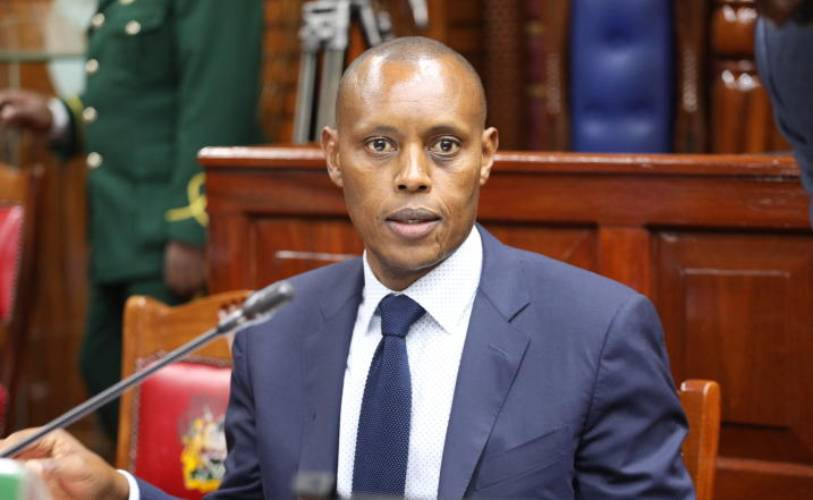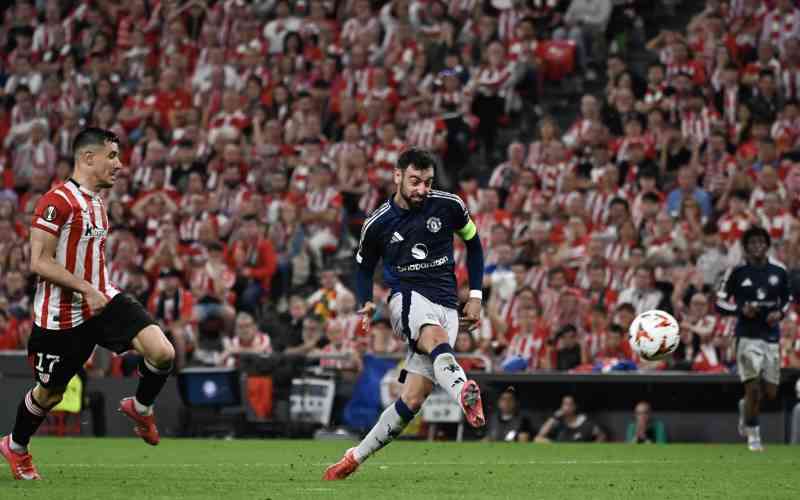The High Court has ordered the Inspector General of Police and two police officers to pay a rice farmer Sh500,000 for the use of excessive force over an unpaid water bill.
High Court Judge Edward Mureithi, ordered police Corporals Anthony Kungu and John Kaara, alongside the Inspector General of police, to pay George Gakono for the injuries they occasioned him.
Justice Mureithi observed that at the time the two officers were going after Gakono, he was unarmed and did not pose a threat to them.
“The petitioner was unarmed, and there is no evidence to suggest that he posed a threat to the officers. The level of force used, which led to visible injuries, was excessive and disproportionate, and thus unlawful under Section 103 of the National Police Service Act,” he said.
In the case, Gakono told the court that on February 17, 2016, the two officers unlawfully assaulted and tortured him on the directive of the Water Irrigation Board. He stated that the contention was a pending water bill.
He argued that the force used was disproportionate, as he did not own a rice paddy.
Gakono testified that after the assault, he sought medical attention and then obtained a P3 two days later. He narrated that he reported Kungu and Kaara to the Officer Commanding Station, Sagana Police Station, in the hope that he would find justice.
Nevertheless, the man said to his shocker that he was arrested and charged at Wanguru Magistrate’s Court with assault.
He stated that the lower court subsequently acquitted him due to a lack of evidence to support the charges.
Gakono sued the Attorney General, the IG and the two police officers. He accused the IG of failing to investigate the assault and torture. At the same time, he complained that to add salt to injury, he was charged with trumped-up allegations.
He argued that he was subjected to cruelty, and in violation of the United Nations Convention Against Torture and other Cruel, Inhuman or Degrading Treatment or Punishment under the African Charter on Human and Peoples’ Rights.
The State opposed the case in affidavits sworn by Kungu and Police Constable Abdiker Yarow.
The two officers claimed that they were accompanied by National Irrigation Board (NIB) officials Joseph Kariuki and Charles Muchangi to arrest Gakono for allegedly failing to pay the water levy.
They claimed that they informed him of the purpose of the visit, then handcuffed him, but he allegedly turned violent.
Stay informed. Subscribe to our newsletter
They alleged that Gakono incited the public to pelt stones at the National Irrigation Board’s vehicle.
The officers also claimed that the public overwhelmed them, and they retreated and reported assault at Wanguru Police Station.
Kungu claimed that he presented a torn trousers and a jacket as exhibits.
However, the Judge observed that the photographs produced in court showed Gakono being forcefully mishandled by two armed police officers.
Justice Mureithi further noted that Gakono’s lawyer wrote to the OCS on February 31 seeking to establish the status and process of investigations about the assault complaint he had filed. The lawyer, in the letter, noted that two witnesses had recorded statements and produced exhibits as evidence.
The judge also noted that the OCS responded four months later, on June 6, saying that although Gakono had filed his complaint, the police officers had equally filed theirs at Wanguru.
According to the Judge, the lawyer followed up on the same on June 24 but never got a response.
He said that the lower court had ruled that there was no offence under the Irrigation Act that Gakono had committed to warrant his arrest. At the same time, the magistrate said it appeared that the police officers and NIB had an arrangement through which water defaulters would be arrested, taken to NIB officers and cajoled to make payments. The magistrate concluded that the issue at the heart of the case was a civil dispute.
Justice Mureithi said that there were unanswered questions about why the police officers decided to arrest Gakono seven months after they were accused of assault. He said the only conclusion was that they were fabricating charges to escape being held accountable for the assault.
“The petitioner was arrested on September 29, 2016 and charged on September 30,2016 for an alleged assault that took place on February 17,2016. The question that lingers is why it took the respondents that long to charge the petitioner. The inference that can be drawn from the inordinately delayed prosecution of the Petitioner is that the charges were fabricated in a tactfully orchestrated scheme by the Respondents to escape liability for their deliberate failure to investigate and charge the third and fourth respondents for assaulting and torturing the petitioner,” said Justice Mureithi.








